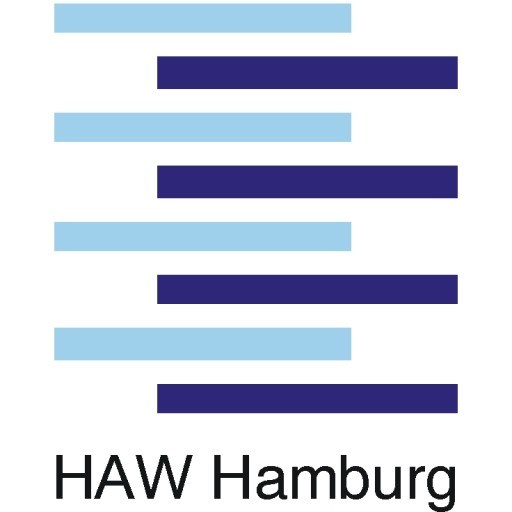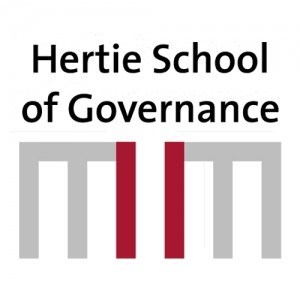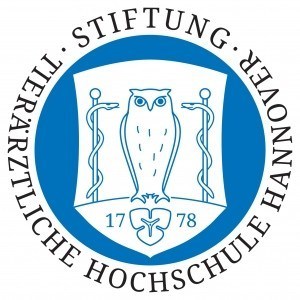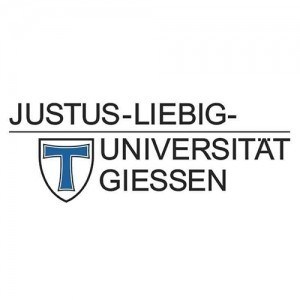Photos of university / #HAWHamburg
The Bachelor’s degree programme in Pharmaceutical Biotechnology at Hamburg University of Applied Sciences offers an interdisciplinary education that combines principles of biology, chemistry, and engineering to prepare students for innovative careers in the pharmaceutical and biotech industries. The programme provides comprehensive knowledge of the development, production, and quality control of biopharmaceuticals and biotechnological products. Students will gain practical skills in laboratory techniques, research methodologies, and process optimization, enabling them to contribute effectively to the design and manufacturing of biologically-based medicines.
Throughout the course, students explore the scientific fundamentals underlying biological systems, molecular biology, bioprocess engineering, and pharmaceutical technology. They learn about regulatory frameworks, Good Manufacturing Practice (GMP), and safety standards essential for working in the pharmaceutical sector. The curriculum emphasizes hands-on training through laboratory work, project assignments, and internships, fostering experiential learning and industry relevance.
The programme is designed to provide a solid foundation for a variety of careers, including research and development, quality assurance, production management, and regulatory affairs in pharmaceutical companies and biotechnology firms. Graduates are equipped with the skills to innovate and improve biotechnological processes, contribute to scientific advancements, and address contemporary health challenges by developing new therapeutic agents and personalized medicines.
Furthermore, the university collaborates with industry partners to ensure that coursework remains aligned with current market needs and technological developments. Students have opportunities to participate in research projects, attend conferences, and engage with experts from the field. Upon graduation, students are well-prepared for further academic study or entry into the professional world, equipped with both theoretical knowledge and practical experience in the dynamic field of Pharmaceutical Biotechnology.
Educational organisation
The programme is designed so students can start in the winter or summer semester.Module 8 (laboratory projects and research seminar) is offered in the summer and the winter semester.
Modules 1, 2, 3 and 5 with lectures including presentations of students, exercises, and separate lab courses are offered solely in the winter semester.
Modules 4, 6, and 7 with lectures, exercises and separate lab courses are offered solely in the summer semester.
Forms of assessment
Written examinations, seminar papers, reports, oral examinations, presentationsCourse objectives
This Master's programme is a discovery-led course with a strong link to pharmaceutical biotechnology. It is aimed at improving professional knowledge in the area of industrial biotechnological processes, considering new insights into molecular biology, and cell culture techniques as well as in bioanalytics.Students will be able to monitor biotechnological processes using sophisticated online instrumentation. They will be introduced to the fundamentals of system theory, so they can analyse and critically question existing biotechnological processes. This will also allow the simulation of biotechnological processes as well as process-controlling strategies with the aid of computer programmes. Sound knowledge will be gained for the production of recombinant biotechnological products by prokaryotic and eukaryotic cell lines and employing the most adequate cultivation strategies. Modern molecular bioanalytical methods are also on the timetable.
Students look at the specific characteristics of the purification and stabilisation of proteins, polynucleotides, and other biologically active agents, focusing on industrial conditions. An insight is given into the development of protein pharmaceuticals and other active ingredients based on biotechnologically-derived molecules. Analytical techniques in the pursuit of product and metabolites are among the objectives.
Graduates will be able to isolate problems in new areas of expertise or areas of development and to isolate the most probable solution approach. They have the ongoing ability to compose new process strategies as well as process controlling strategies for biotechnological processes and to transfer these strategies into industrial production.
They can work both in the areas of production or development in industry or in research institutes. Graduates are able to conduct independent scientific research and have the skills to continue with advanced research in order to acquire a PhD qualification.
Language requirements
All applicants whose first language is not English must provide one of the following language certificates:TOEFL min. score: 87 (Internet-based)
IELTS min. score: band 5.5
CAE (Cambridge Certificate in Advanced English) min. score: C
CPE (Cambridge Certificate in Proficiency in English) min. score: C
FCE (Cambridge First Certificate) min. score: C
Lectures are in English.
German:
Applicants with a Bachelor's degree in Biotechnology or Biochemical Engineering:
All the modules in the Master's programme are in English. However, applicants must have German A2, as lab work communication may be in German. The only accepted German language certificate is from Goethe Institute, the "Start Deutsch 2" certificate at level A2 (http://www.goethe.de/lrn/prj/pba/bes/sd2/enindex.htm).
Applicants who do not have a Bachelor's degree in Biotechnology or Biochemical Engineering or have only 180 credit points:
Students must take additional modules in Biotechnology in order to have sufficient knowledge to complete the Master's programme. These modules are taught in German and applicants must therefore have German B2 or TestDaF 3.
Academic requirements
- Bachelor's degree (or equivalent) in the same or a similar field, with the academic grade equivalent to the German grade 2.5
- Graduate Record Examination (GRE) (for applicants from non-EU countries)
- Proof of English if it is not your first language (see language requirements)
Students who completed their school education outside Germany must have their certificates approved by uni-assist (http://www.uni-assist.de) BEFORE applying to the HAW Hamburg. The pre-registration documentation (VPD) from uni-assist must be sent with the application forms, etc., when applying to the HAW Hamburg. Please be advised that this process can take six to eight weeks, so please apply early.
For more information, see: http://www.haw-hamburg.de/international-master.
Enrolment fees
Semester contribution of approx. 318 EUR (as of June 2016). This fee includes a semester ticket for unlimited travel on Hamburg's public transport system.Costs of living
Hamburg is a relatively expensive city. Depending on your lifestyle, you should expect living costs of 700 to 900 EUR for rent, food, and other expenses. In addition, there will be costs for materials, which (depending on the degree programme) will range between 125 and 250 EUR per semester.Job opportunities
You should plan to be able to study in Hamburg without having to work part-time. If you are coming on a visa, you will have to provide proof of your finances (697 EUR/month).EU students can work 20 hours/week.
International students from non-EU countries are only permitted to work 120 days (240 half days) in one calendar year, and part-time job opportunities are limited, especially, for students who do not speak German. It is unlikely that we will be able to offer you a job on campus.
Funding opportunities within the university
Students can apply for academic merit scholarships or for a final semester scholarship as financial support while completing their theses. The scholarship is approx. 300 EUR per month for one semester.http://www.haw-hamburg.de/english/international-degree-students/tuition-fees-scholarships/master-scholarships.html
Arrival support
The International Office offers a buddy programme (weBuddy), and you will be sent information about this when you register to study at the university. This programme matches you with an older student who will help you to get settled and assist with administration issues, etc.There is also an orientation week at the beginning of the course. A professor in the department is the main course coordinator.
Services and support for international students
The International Office at Hamburg University of Applied Sciences offers support for international students once they have enrolled at the university. Additional academic support will be offered by professors directly in the department.Accommodation
It is becoming increasingly difficult to find accommodation in Hamburg, so please be aware that finding somewhere to live can take a while.The halls of residence in Hamburg are run by the Studierendenwerk Hamburg and offer affordable accommodation for students under the age of 30. Generally, students have their own rooms in an apartment that they share with other students - the bathroom and kitchen are shared. The monthly rent for a room in a student hall of residence starts at roughly 250 EUR (including heating, water, and electricity). At the earliest, new students can apply three months before the start of their degree programme. Further information on the halls of residence as well as the application form can be found on the Studierendenwerk Hamburg website: http://www.studierendenwerk-hamburg.de/studierendenwerk/en/wohnen/aktuelle_infos/.
Further information on accommodation can be found on the university's website:
https://www.haw-hamburg.de/english/international-degree-students/campus-life/accommodation.html.









